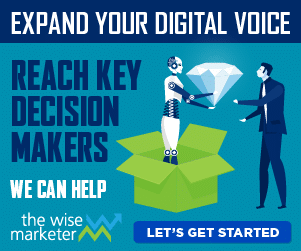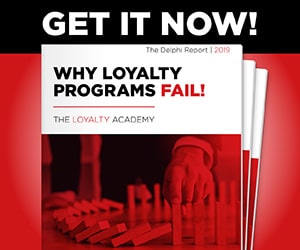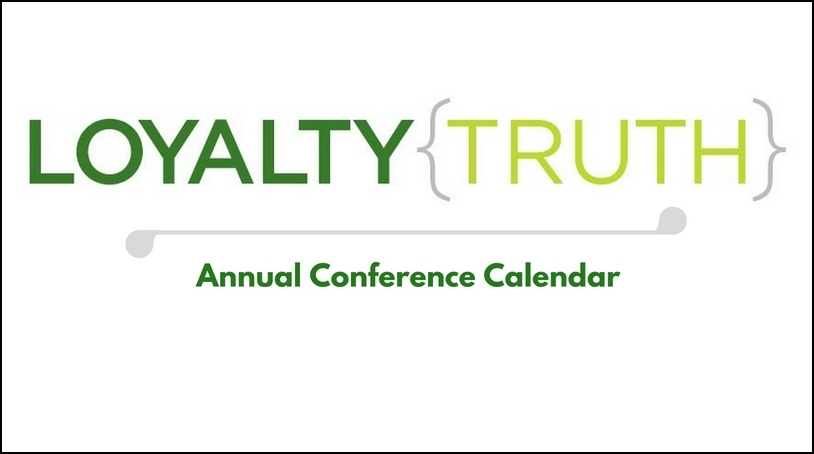The business model of the early internet was all about collecting eyeballs. No, I’m not thinking about an outtake from the latest episode of Criminal Minds, I’m referring to building a gigantic audience and driving advertising rates on a website based on the total of all the “eyeballs” visiting the site.
The current wave of business models from online entrepreneurs is heavily reliant on data. Eyeballs are still important, but collecting personal data from visitors and tracking their browsing behavior is the path to monetization favored by most.
Facebook reminded us how important customer data is to its business model when it recently changed its data collection policy. In doing so, Facebook advised its 1.2 Billion plus “monthly active users” that it will now collect data on other sites its users visit as well as activity on smartphones to supplement profile data and whatever they learn from hitting the “Like” button. The outcome of expanding what Facebook knows about its users is presumably to lead to increased ad rates through sale of the data to advertisers.
The recent changes in data collection practices at Facebook tells us that the smartest minds in the company are highly convinced of the need to gather increasing levels of data about its users to sustain its business model, even maybe pressing up against the borders of its 2011 settlement agreement with the Federal Trade Commission.
The fascinating subplot to the evolving big data play online is recently surfacing survey information indicating consumers either don’t care about or actively dislike the use of targeted ads by business.
76% of responders to a survey conducted by Consumer Reports said that it was “little or no value to them” that advertisers display on the websites they visit or the apps they user.
The great paradox of modern advertising is that the tactic most valuable to advertisers, and most essential to the progression of their business models, seems to be dismissed by consumers as something that doesn’t change their behavior and may even be perceived to be a threat to their personal security.
It seems that in the rush to advance its business model, the one thing Facebook overlooked is whether their new practice is something amenable to its users. While users don’t exactly pay the bills at Facebook, they do fill the tank with data so valuable to advertisers. Facebook would be well advised to not do anything to punch a hole in the bottom of that tank.




